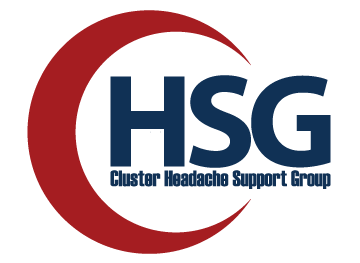Authors: Jerry Wei and Matthew Robbins
Source: Neurology, April 18, 2017 vol. 88 no. 16 Supplement P2.162
Abstract
Objective: To investigate whether oral steroid or greater occipital nerve (GON) injection with steroid is more efficacious as short-term prophylactic (transitional) treatment for cluster headache (CH).
Background: Patients with CH often require a multimodal treatment approach during cluster periods using acute, transitional, and prophylactic therapy. Transitional therapies are useful in treating high frequency cluster headache attacks while prophylactic medication dosages are increased. However, there is limited data comparing the efficacy of oral versus injected transitional treatments.
Design/Methods: We reviewed charts for patients evaluated with CH at our center over a 5 year period, and captured episodes of transitional therapy utilized. Treatment response was categorized into significant, partial or no response. We compared proportions of response to each therapy among all encounters and within individuals who received both therapies.
Results: Of 78 patients with episodic or chronic CH during the study period, 43 patients received transitional therapy. One hundred fifty one encounters were captured, of which 140 were available for analysis. Encounters featured oral steroids (81, 57.9%) and GON injection (59, 42.1%). Of the 43 patients, 24 were treated with only type of therapy and 16 patients received both. In patients who received both therapies, 50.0% responded to both treatments, 37.5% responded to oral steroid but not GON injections, 6.3% responded to GON injections but not oral steroids, and 6.3% responded to neither therapy. A greater proportion of encounters featuring oral steroids versus GON injections led to at least a partial response (82.7% versus 64.4%, p=0.01) though not a significant response (50.6% versus 35.6%, p=0.08).
Conclusions: More CH patients responded preferentially to oral steroids, and for all encounters there was a significant difference favoring oral steroids on at least partial response; however, response rates to either therapy were high. Our data suggests prednisone may be more effective as a transitional therapy.
Download and read entire article at Neurology.
